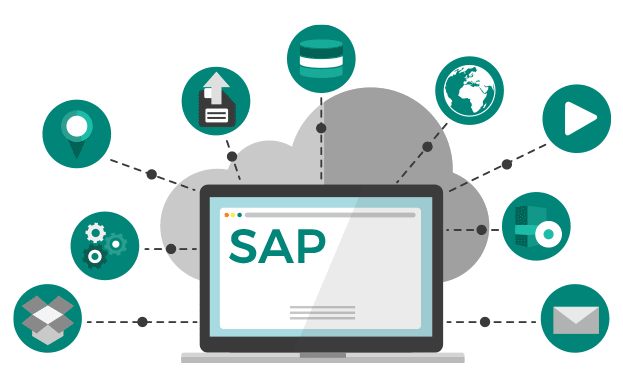SAP
Hardware Customization
24x7 support & monitoring.
Free Initial Server setup.
Tier 4 Data Center with 99.995% Uptime.
Well suiteable for Any SAP module.
Supports and Version of Windows & Linux OS.
SAP Certified Hadware.

Hardware Customization
24x7 support & monitoring.
Free Initial Server setup.
Tier 4 Data Center with 99.995% Uptime.
Well suiteable for Any SAP module.
Supports and Version of Windows & Linux OS.
SAP Certified Hadware.

Intel Xeon E3-1240v6 processor
12 GB DDR4 RAM (Shared)
2 x 1 TB Sata Hard Drive
10 TB Premium Bandwidth
₹7.99/mo
Intel Xeon E3-1240v6 processor
12 GB DDR4 RAM (Shared)
2 x 1 TB Sata Hard Drive
10 TB Premium Bandwidth
₹9.99/mo
Intel Xeon E3-1240v6 processor
12 GB DDR4 RAM (Shared)
2 x 1 TB Sata Hard Drive
10 TB Premium Bandwidth
₹15.99/mo
Intel Xeon E3-1240v6 processor
12 GB DDR4 RAM (Shared)
2 x 1 TB Sata Hard Drive
10 TB Premium Bandwidth
₹7.99/mo
Intel Xeon E3-1240v6 processor
12 GB DDR4 RAM (Shared)
2 x 1 TB Sata Hard Drive
10 TB Premium Bandwidth
₹9.99/mo
Intel Xeon E3-1240v6 processor
12 GB DDR4 RAM (Shared)
2 x 1 TB Sata Hard Drive
10 TB Premium Bandwidth
₹15.99/mo
Intel Xeon E3-1240v6 processor
12 GB DDR4 RAM (Shared)
2 x 1 TB Sata Hard Drive
10 TB Premium Bandwidth
₹7.99/mo
Intel Xeon E3-1240v6 processor
12 GB DDR4 RAM (Shared)
2 x 1 TB Sata Hard Drive
10 TB Premium Bandwidth
₹9.99/mo
Intel Xeon E3-1240v6 processor
12 GB DDR4 RAM (Shared)
2 x 1 TB Sata Hard Drive
10 TB Premium Bandwidth
₹15.99/mo
Moving your SAP systems to the cloud can bring wonderful benefits to everyone in the organization. While running SAP systems in the cloud offers scalability, flexibility, and potential cost savings
Migrating critical SAP systems to the cloud involves navigating a range of complex challenges. These difficulties include ensuring data integrity during the transfer, maintaining system performance and availability, addressing potential security risks, and managing compliance with regulatory requirements. Furthermore, organizations must also consider compatibility with existing infrastructure, the need for adequate training for staff, and the financial implications of the migration process. Here’s a more detailed examination of these challenges:
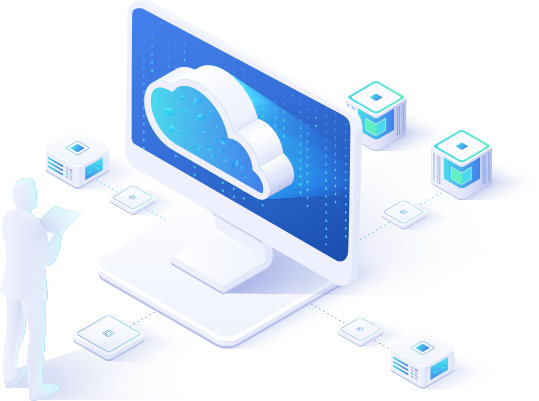
A comprehensive understanding of the current SAP system architecture, along with its dependencies and performance requirements, is important for facilitating a successful migration. To help minimize system downtime during this critical transition, thoughtful planning is highly recommended—especially when dealing with large datasets, which can present challenges if not addressed carefully. Establishing a well-crafted migration roadmap can be beneficial in ensuring a smooth migration process and in preventing common issues such as slow data transfers or other complications. This roadmap may include a phase of pilot testing, which allows for the identification and resolution of potential challenges in a controlled environment, followed by coordinated phased rollouts. By adopting these proactive strategies, organizations can effectively manage risks and increase the chances of a seamless transition to the new system, ultimately providing greater value and efficiency to the business
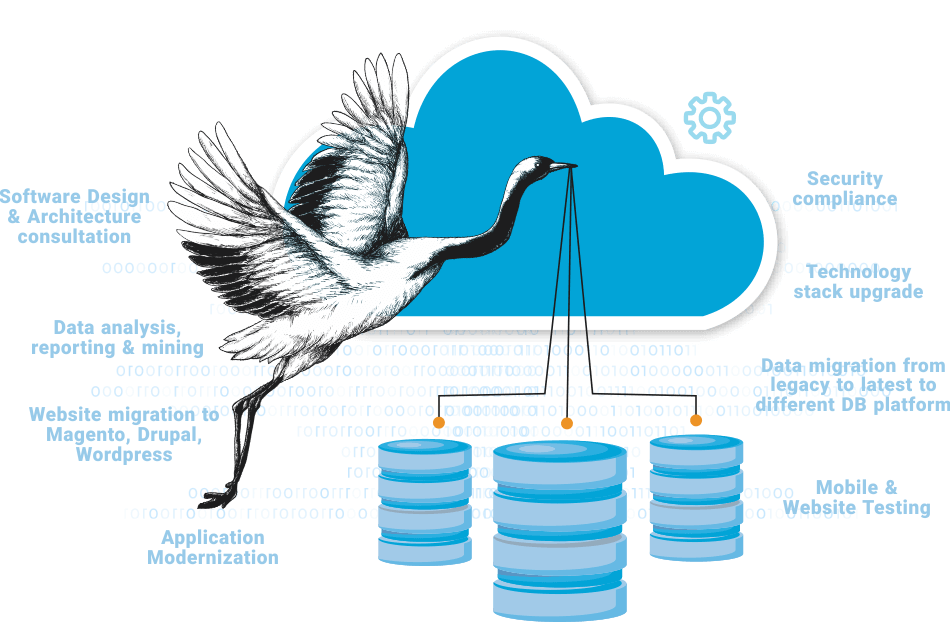
Embracing cloud technology for SAP modules presents a valuable opportunity for organizations to potentially reduce operational costs while enhancing flexibility and scalability. By considering cloud solutions, businesses may find they can decrease expenses related to on-premises infrastructure, maintenance, and upgrades. Additionally, cloud adoption can facilitate access to the latest SAP features and innovations, which can optimize business processes and improve overall efficiency. Ultimately, this approach offers the potential for streamlined operations and the ability to adjust resources according to demand, contributing to more effective resource management and cost savings.

We are dedicated to providing comprehensive security compliance solutions for SAP infrastructure, aimed at ensuring the highest level of protection against a variety of threats, including Intrusion Prevention Systems (IPS), Intrusion Detection Systems (IDS), antivirus software, and Distributed Denial of Service (DDoS) attacks. Our strategy involves placing your SAP infrastructure within a secure private network, which effectively mitigates the risk of unauthorized access. Additionally, we integrate a Virtual Private Network (VPN) gateway to facilitate encrypted communication and secure remote access. This thoughtful, multi-layered security approach is designed to protect your critical infrastructure and uphold the integrity of your data. We are committed to working closely with you to tailor these solutions to your specific needs and requirements.

To optimize SAP infrastructure performance, a strong hardware foundation is essential—one that enables high-speed data processing, low latency, and maximum efficiency. Deploying enterprise SSDs elevates input/output operations per second (IOPS), dramatically reducing data retrieval times and accelerating transactional workloads within SAP systems. Utilizing SAP-certified hardware guarantees compatibility, reliability, and optimal performance, while high-performance processors, like the latest multi-core CPUs, empower faster computations and enhanced parallel processing capabilities. Additionally, integrating cutting-edge RAM with high bandwidth and low latency ensures seamless memory access, boosting database performance and overall SAP application responsiveness. By combining these advanced infrastructure components, businesses can create a high-performance SAP environment that can confidently handle complex workloads, real-time analytics, and mission-critical operations with outstanding speed and efficiency.
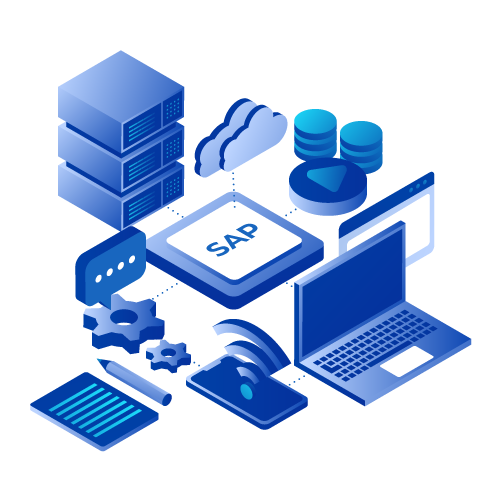
Server Nexgen consistently offers dedicated bandwidth to each customer at a lower cost. We provide fully DDoS-protected bandwidth, which effectively prevents excessive bandwidth usage during hacking attempts. This ensures your business operates seamlessly, free from network interruptions. At Server Nexgen, we also offer unmetered bandwidth usage, allowing you to avoid extra charges for exceeding bandwidth limits.
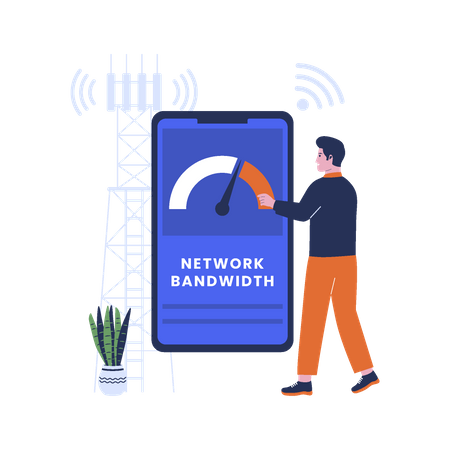
We consistently deploy the latest enterprise-grade hardware to ensure optimal performance, reliability, and scalability for SAP environments. Our infrastructure is designed to support a variety of operating systems, including Linux, Windows, and Unix-based platforms, which enhances its versatility for a range of IT landscapes. By utilizing SAP-certified, high-performance components such as multi-core processors, enterprise SSDs with high input/output operations per second (IOPS), and the latest generation of RAM, we provide a solid foundation for various SAP workloads, including SAP S/4HANA, SAP BW/4HANA, SAP Business Suite, and other mission-critical applications. This level of compatibility allows for seamless integration, improved system stability, and enhanced processing speeds, enabling businesses to efficiently conduct real-time analytics, manage substantial datasets, and execute complex transactions. Whether deployed on-premises, in a private cloud, or in a hybrid environment, our advanced hardware is thoughtfully designed to meet the growing demands of modern enterprises
